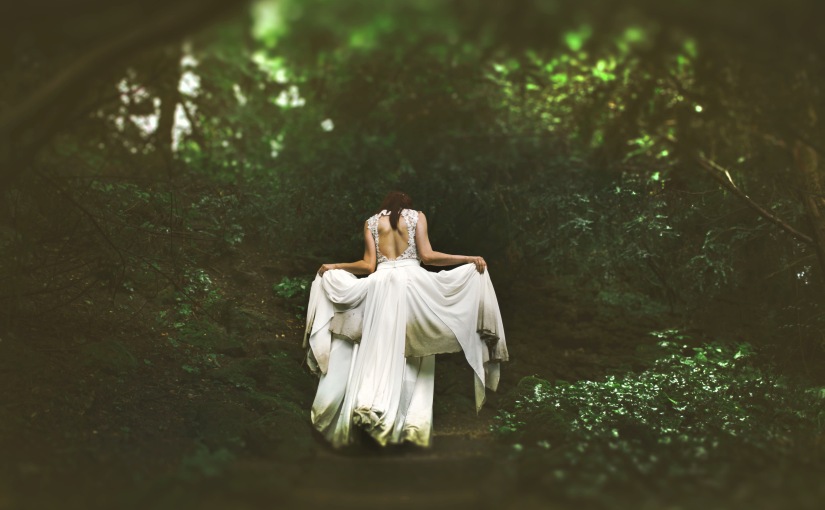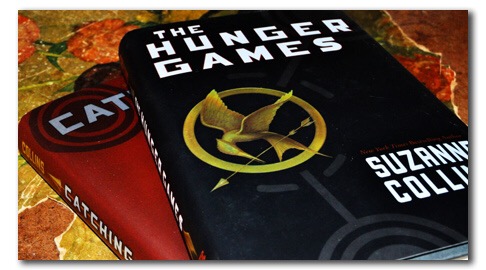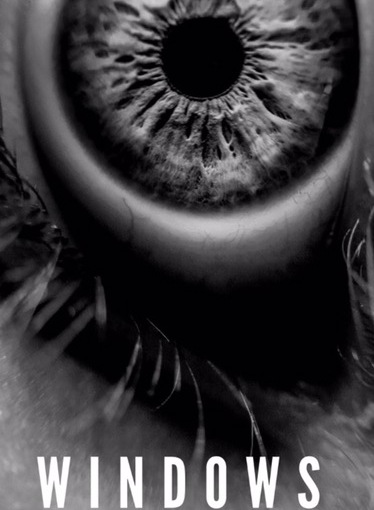Little girls have long looked up to fictional princesses, primarily of the Disney variety. However, the type of princess we see in novels has changed drastically in the last decade. No longer are they the damsel in distress. Now, princesses are the ones saving the day. Here are some of my favorite royal ladies on the bookshelf today:
(CAUTION: Spoilers Below!)
5) Daenerys Targareyen from A Song of Ice and Fire
Though technically a Khaleesi, it would be tragic to mention fictional female royalty without including dear Dany. Daenerys is a Princess who grew up outside of the castle, and is therefore not your typical pampered Princess. She raises dragons, runs with the Dothraki, and eventually frees thousands of slaves. What’s not to love about this white-haired, violet-eyed heroine?
4) Lissa Dragomir from Vampire Academy
Lissa Dragomir is not a normal Princess. For one, she is a Moroi, a sort of living, magical vampire. Despite her unusual abilities and appetite, Lissa has some of the same struggles as a typical teenager, which is what makes her so relatable. Although Lissa has many heroic moments, her most impressive battle is the one she fights with depression. Oh, and she can also bring the dead back to life, which is pretty kick-ass if you ask me.
3) Ella from Ella Enchanted
I can’t possible make a list of literary princesses without including my childhood hero, Ella from Ella Enchanted. I am not, of course,talking about the Anne Hathaway character, but rather the heroine from the Gail Carson Levine novel. Not only is she determined, brave, and open-minded, but her refusal to marry before she is ready is a great example for young girls who are used to the typical Disney princess who isonly looking for love (before Brave, of course).
2) Kestrel from the Winner’s Curse
Okay, technically, Kestrel is only engaged to a Prince, but I would hate to write this list without her one it. Though Kestrel is not a particularly skilled warrior, what she lacks in brawn she makes up for with brains. Through her cunning, Kestrel manages to outmaneuver her many enemies. Kestrel is a great reminder that you don’t have to be physically strong to be tough.
1) Aelin Galathynius from Throne of Glass
Despite being an actual fairy princess, Aelin Galathynius could kick your ass. Raised as an assassin, Aelin fights tirelessly for what she truly belives in, which is what gives her the #1 spot on this list. She has lived through countless horrors, and yet she never gives up.
Honorable Mention: I can’t write a blog post about literary princess without some shameless self-promotion. A preview of my latest novel, Red Hands, is now available on Kindle Scout. In it, there is not one but three complex, intriguing and dare I say BAMF princesses. Please check it out, and if you enjoy the first couple chapters, nominate me.
Are there any princesses you think should be included? Leave a comment and tell me who and why. Also, stay tuned for my upcoming post about the best film princesses.


